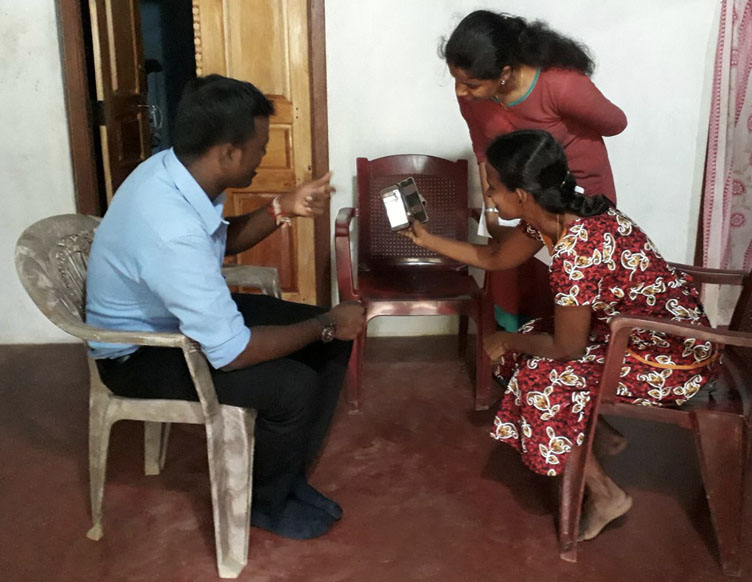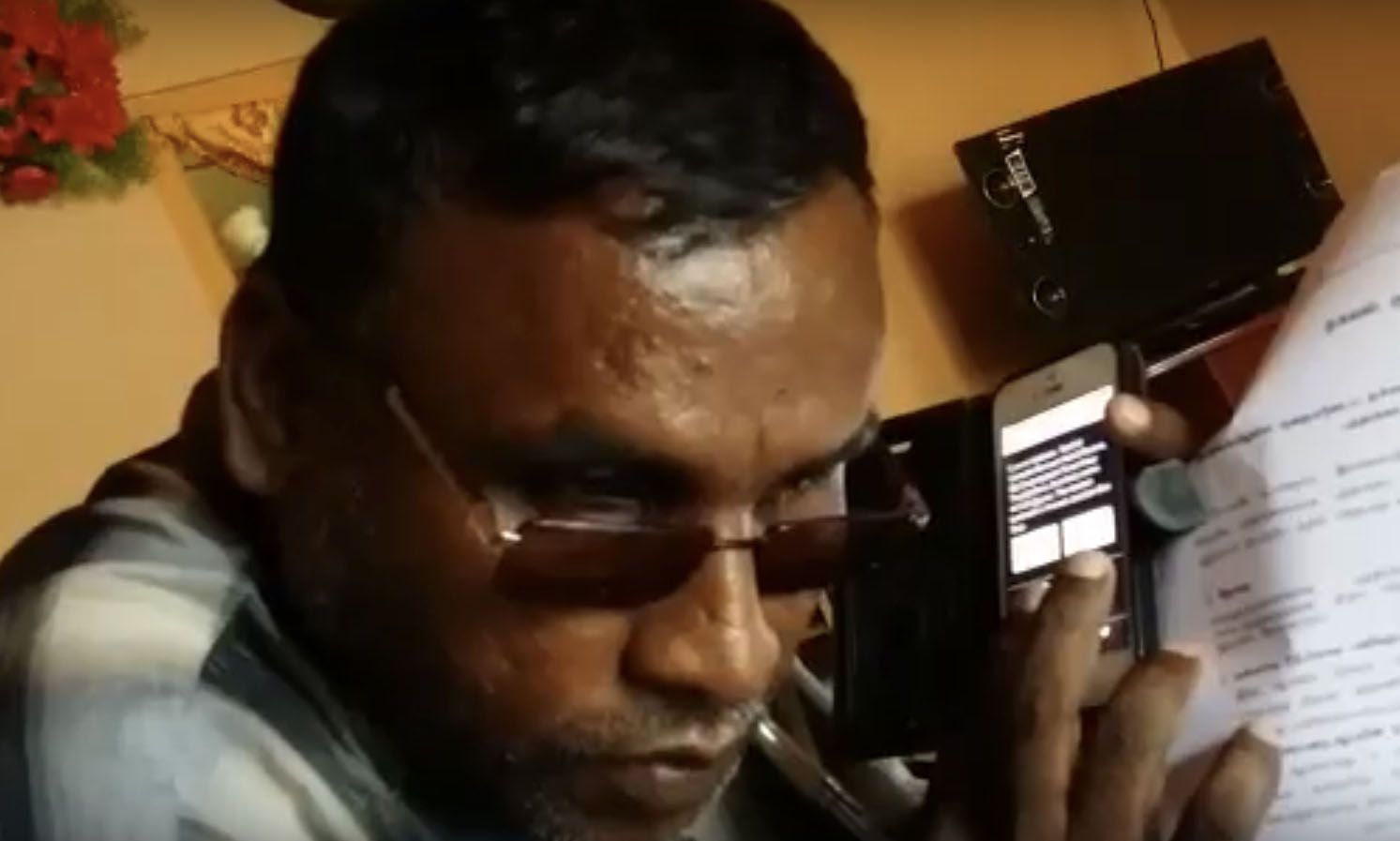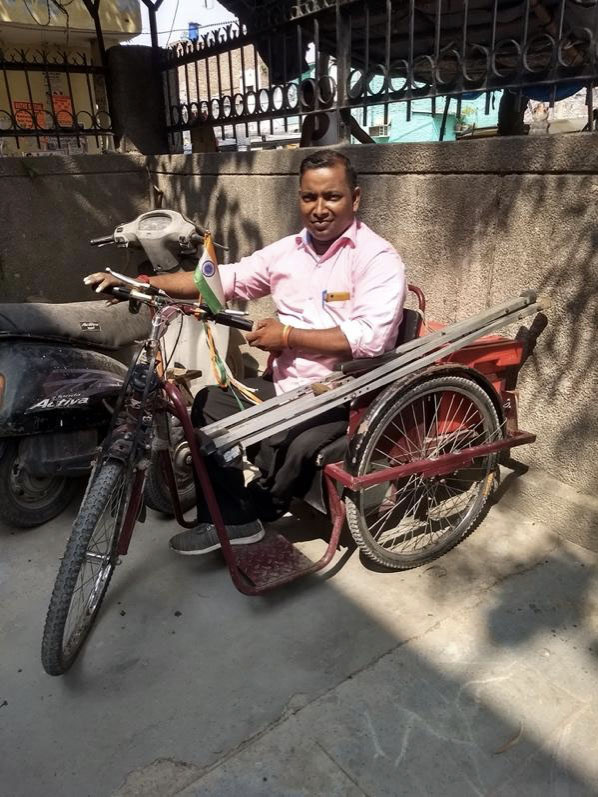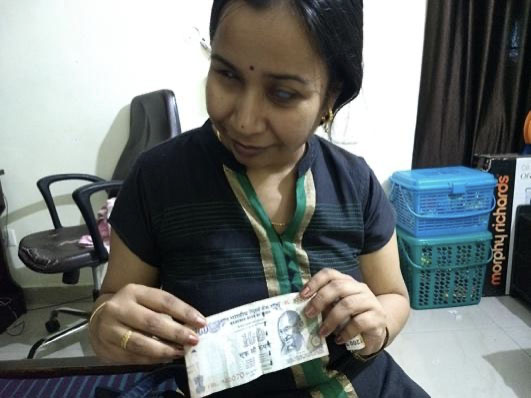Enabling the Disabled
Our work on disability – specifically the use of ICTs to enhance independent living for PWDs – has grown, not just in terms of the number of countries we’ve worked in and people we’ve spoken to, but also in terms of the scope of our work.
At the end of the last financial year, we had completed qualitative research in Nepal (to complement the quantitative work done in late 2018) and conducted a solution development workshop to identify eight key issues faced by PWDs that were amenable to digital solutions. In May 2019, we followed up on these key issues with an awareness event on national ICT day, and one-on-one meetings with stakeholders. The event saw good participation from stakeholders in government, media, the tech community and the PWD community. Secretary to the Ministry of ICT, Magendra Man Gurung, noted that the short- and long-term recommendations we made “can quickly be acted on”.
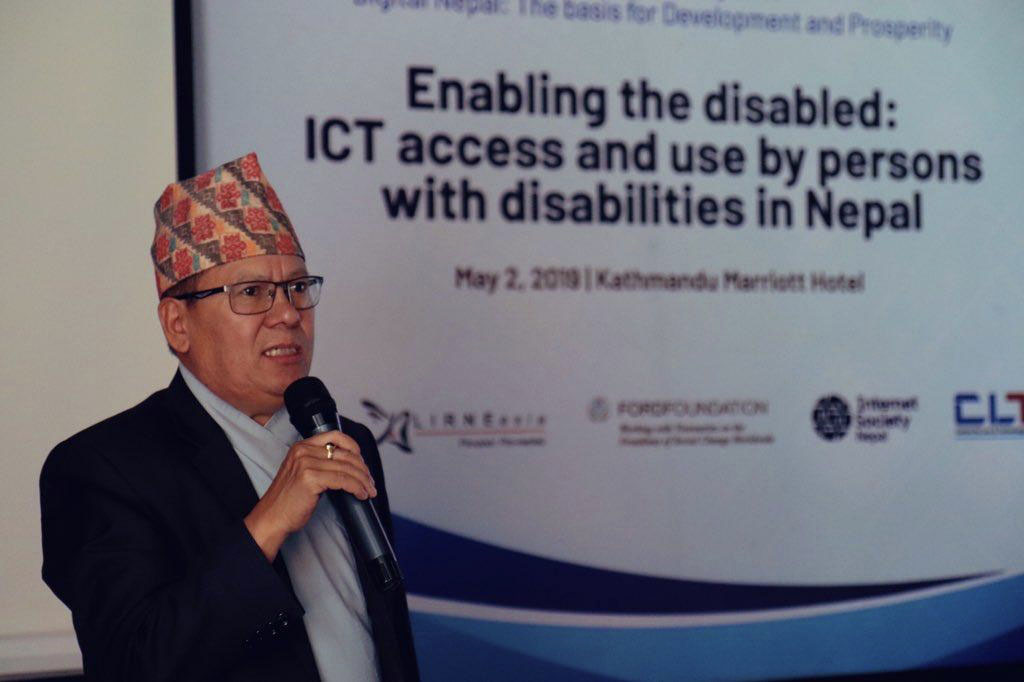
One-on-one meetings were held with more than 10 stakeholders over four days. While they helped stimulate discussion on PWD issues, the key win for us was establishing relationships with between government and stakeholders from the PWD community. We know from experience that these relationships are what bring about meaningful policy impact.
Soon after dissemination closed in Nepal, we began fieldwork in India and Sri Lanka (August 2019 – November 2019). In India, we spoke to roughly 90 respondents in Lucknow and New Delhi, while in Sri Lanka we spoke to over 100 respondents in Colombo, Monaragala and Jaffna. The qualitative work in Sri Lanka is complemented by the quantitative work we did in 2018-2019, as part of the AfterAccess surveys.
While the work in Nepal built on the work in Myanmar, the work in India and Sri Lanka builds on the work in Nepal, with added aspects of focused ethnographies to really tell the stories of how PWDs in these countries get through their day-to-day. We also used the Sri Lanka fieldwork as an internal training opportunity and send our own researchers out to conduct focus group discussions, focused ethnographies and in-depth interviews following a three-day intensive training course.
The overarching objective of the work is to understand whether the built environment of PWDs in our region enables independent living, and whether they have a decent range of choices when doing the things they want to do. Can they communicate with the people they want to communicate with? Can they cook for themselves the kind of food they want to eat? Do they have choices when it comes to education and employment?
Now that we have some understanding of what the issues are, we are focusing, zooming in on particular concerns.
We are also looking at disability from childhood versus disability acquired later in life: another factor which drives home the point that we cannot consider all PWDs a homogenous group when developing solutions. A person who was blind from birth/early childhood is more likely to have developed a keen sense of hearing and therefore be able to easily recognize a visitor by their voice, than someone who acquired blindness later in adult life.
In Sri Lanka, we are looking at movement from private spaces to the public sphere. For example, what are the differences between learning something at home, you’re your parents or siblings, versus learning something at school? Are the schools accessible, do the teachers know how to work with students with disabilities?
What remains for India and Sri Lanka are pre-accelerator programs that, like in Nepal, will introduce the specific issues faced by PWDs and potential solutions, to developers. And just as in Nepal we went a step further than Myanmar, in Sri Lanka and India, we will go a step further, and support developers to scale up beyond a pilot product.
